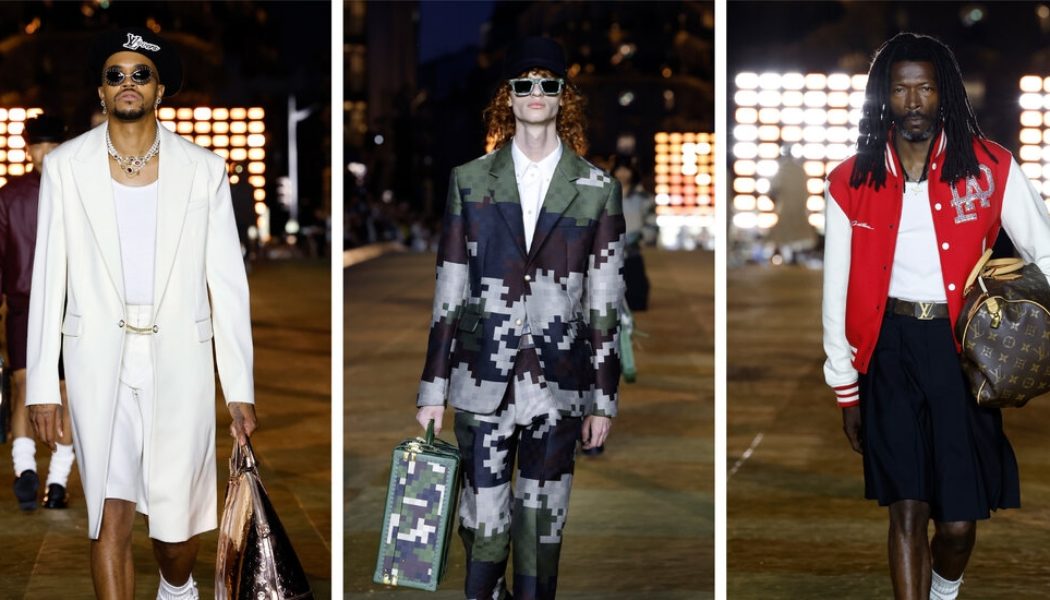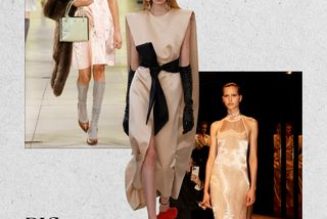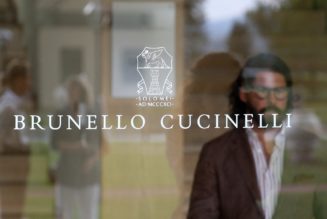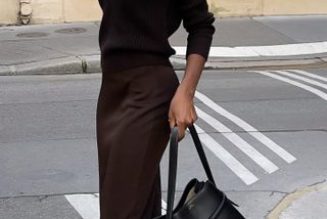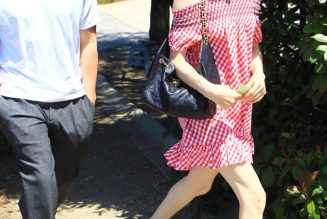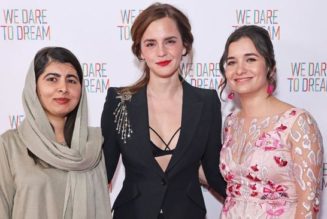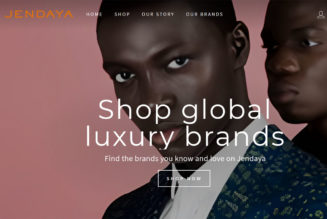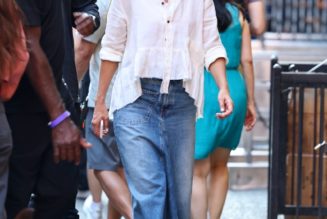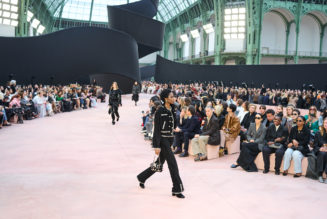Balancing Glamour and Responsibility: A Look at Luxury Fashion’s Impacts Amid Williams’ Cowboy-Themed Show
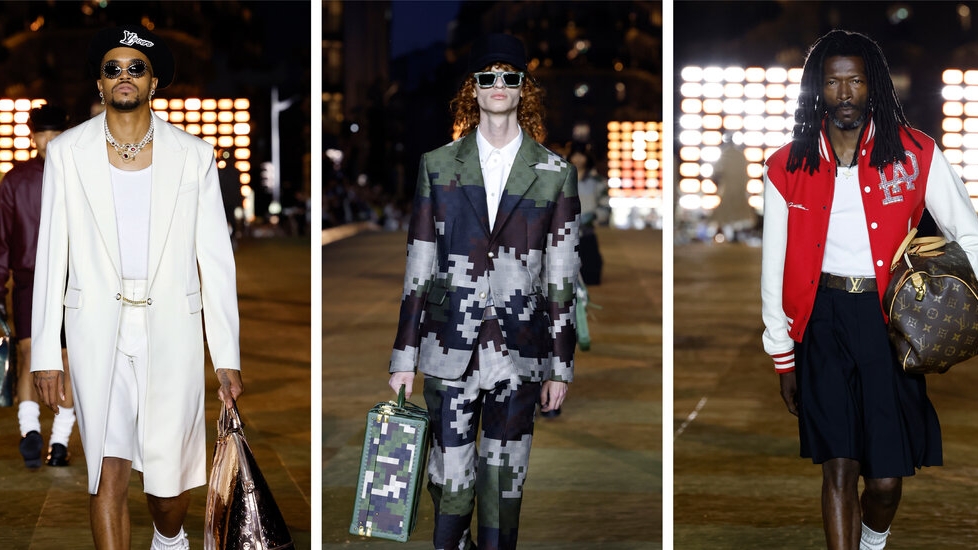
As the world of fashion nestled into the city of lights, Pharrell Williams, the creative director for Louis Vuitton, hinted at a cowboy theme for his opening show of the autumn/winter menswear collections, marking a fresh page in the annals of fashion. The anticipation and glamour of the event, however, could not completely eclipse the hefty questions about the luxury fashion sector’s contributions to social inequality and environmental degradation.
Pharrell Williams: The New Beat of Louis Vuitton
Pharrell Williams, the hip-hop star turned fashion maestro, is no stranger to the fashion week circuit, making his second appearance at Paris Fashion Week. His show, set against the backdrop of the enchanting Jardin d’Acclimatation, was poised to be the headline act for menswear week. With recent sightings of Williams donning a cowboy hat, the fashion fraternity buzzed with speculation that his new collection would pay homage to the American West. The show was expected to feature celebrity ambassador LeBron James, further accentuating the industry’s increasing tilt towards celebrity-dominated brand-building events.
The Fashion Industry: Balancing Act between Profits and Responsibility
While the fashion caravan continues its global trek, from Miami to Copenhagen, New York to London, and back to Milan and Paris, the industry faces mounting criticism. The French capital, still the stronghold of fashion, has seen local officials voice concerns over brands’ intrusions on daily life. Amidst the glamour and glitz, the harsh reality of the industry’s considerable environmental impact and contributions to social inequality cannot be overlooked. Despite these challenges, Louis Vuitton, under the helm of Williams, achieved a milestone, becoming the first brand to hit 20 billion euros in revenue last year.
Emerging Trends: Sustainability and the Changing Face of Luxury Fashion
As brands compete in the cut-throat race for profits, big-name designers are being replaced and new narratives are being crafted. This year, 42 brands showcased their runway shows during menswear week in Paris, with an additional 32 organizing presentations of their new collections. Amidst this intense competition, some brands have started to highlight a shift towards more sustainable practices, reflecting the growing demand for social and environmental responsibility within the luxury sector. The fashion shows in Paris serve as a testament to the transformation of the industry, where luxury brands must balance economic success with their role in shaping a more sustainable and equitable world.
